About Nystrom and Associates Bloomington Clinic
Nystrom and Associates Bloomington Clinic is a top provider of alcohol rehab, dual diagnosis, and opioid addiction services in Bloomington, Minnesota. With a wide range of programs and services available, we are able to cater to the unique needs of each individual client. Whether you are struggling with addiction yourself, or are seeking help for a loved one, we are here to provide the support and resources you need. Our highly trained and experienced staff are dedicated to helping our clients achieve lasting recovery, and we offer a variety of therapies and treatments to meet your needs. If you are ready to take the first step on the road to recovery, contact us today.
Addiction Treatment Programs
Alcohol Rehab
If you’re struggling with your alcohol use, consider an alcohol rehab in Minnesota. Alcohol programs address the mental, emotional, and relational issues that may contribute to addiction. You’ll learn to build a new support network that supports your long-term sobriety.
Dual Diagnosis
If you have both a mental health condition and substance use disorder, you need dual diagnosis treatment in Minnesota to address both issues together. Along with traditional evidence-based substance use treatment, clients may receive mental health counseling, medication, peer support, and other tools to help them manage their mental health.
Opioid Addiction
If your life has been negatively impacted by opioid addiction, a high-quality rehab in Minnesota can help. These treatment programs offer detox, inpatient treatment, and outpatient care. You may receive individual, group, and family counseling, peer support, and classes in essential life skills.
Adult Program
An adult program in Minnesota can help clients make healthier life choices and avoid common mistakes. Along with traditional evidence-based treatment, clients may receive employment support, parenting classes, and help securing housing.
Men's Rehab
When people join a men’s rehab in Minnesota, they are able to tackle gender-specific issues while receiving treatment. Along with traditional evidence-based treatment, clients may receive education on topics relevant to men, such as fatherhood, healthy relationships, emotional vulnerability, and more.
Women's Rehab
A women’s rehab in Minnesota can provide every level of care while addressing the unique needs of women. Along with traditional evidence-based treatment, clients may receive help with childcare, classes in parenting, and advice about being a working mother and building healthy relationships.
Young Adult Rehab
If you’re a young adult struggling with substance use, consider a young adult rehab program in Minnesota. Along with traditional evidence-based treatment, clients may receive educational support, employment training, and help securing housing.
Insurance Coverage
Medicaid
If you qualify, Medicaid can help pay for some or all of the costs of rehab in Minnesota. Medicaid often covers the full cost of rehab if you choose a center that accepts it. You can look for multiple types of care, including detox, inpatient, and outpatient.
Medicare
If you’re looking for ways to pay for rehab in Minnesota, consider using Medicare. You may have out-of-pocket costs such as a deductible or copay, and you’ll want to look for a treatment center that accepts your Medicare coverage.
Private insurance
There are many ways to pay for rehab in Minnesota, and one of the more affordable is using private insurance. Contact your insurer to get details about coverage and out-of-pocket costs, such as deductibles and copayments.
Self-pay options
Paying for rehab in Minnesota yourself is known as self-pay or private pay. You write a check, use a medical loan, or electronically send money to your treatment center of choice. Payment details may vary depending on the level of care.
Financial aid
When looking for ways to pay for rehab in Minnesota, consider asking about financial aid programs. Community groups or non-profits in your area may offer assistance, or you might find a treatment program that has grants or scholarships.
Levels of Care
- 1
Outpatient Rehab
Outpatient treatment in Minnesota can provide a great way to practice and reinforce new habits formed in residential rehab programs. Outpatient treatment includes multiple approach, including cognitive behavioral therapy (CBT), motivational interviewing (MI), and holistic therapy options.
Therapies
Dialectical Behavior Therapy
The goal of dialectical behavioral therapy (DBT) in Minnesota is to help you recognize your strengths and embrace your ability to create positive change. DBT is a common part of evidence-based treatment programs and may be a part of inpatient treatment, outpatient care, or both.
Family Therapy
Family therapy in Minnesota can address conflicts in your family so your loved ones can help provide encouragement, support, and accountability as you work through substance use treatment. Some of the topics covered in family therapy include improving communication, developing healthy coping skills, avoiding codependency and enablement, and learning to support each other in healthy ways that foster recovery from addiction.
Group Therapy
Group therapy in Minnesota can provide encouragement, support, and accountability as you work through substance use treatment. Group therapy is a normal part of evidence-based treatment programs, and may be a part of inpatient treatment, outpatient care, or both. Topics include addiction education, sharing of experiences, and learning new skills.
Individual Therapy
During individual therapy in Minnesota, clients have a confidential environment to work through their struggles with a professional. Individual therapy is a common part of both inpatient and outpatient substance use treatment and may be used to help with skill-building, overcoming trauma, and creating a substance-free lifestyle.
Trauma Therapy
Talking about what you’ve been through and how it impacted you is an important way to heal, and trauma-informed therapy in Minnesota gives you that opportunity. Trauma-informed therapy sessions generally last 60 to 90 minutes and may include discussing a specific event, talking about emotional triggers, and learning emotional regulation and cognitive restructuring skills.
Accreditations
Location
Contact Nystrom and Associates Bloomington Clinic
Top Drug Rehab Centers in Minnesota
-
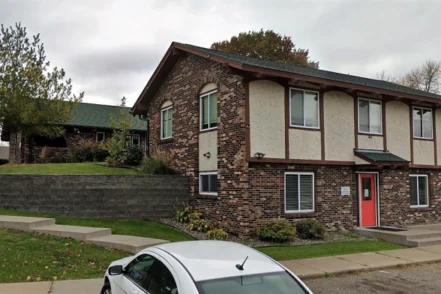 Minnesota
MinnesotaAnthony Louis Center Blaine
1000 Paul Parkway Minneapolis, Minnesota 55434
-
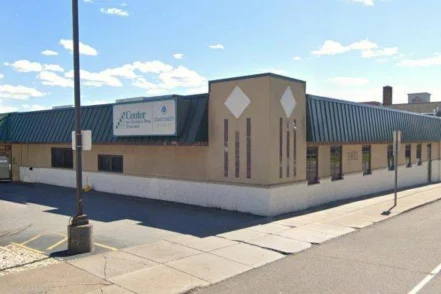 Minnesota
MinnesotaCADT Center for Alcohol and Drug Treatment
1402 East Superior Street Duluth, Minnesota 55805
-
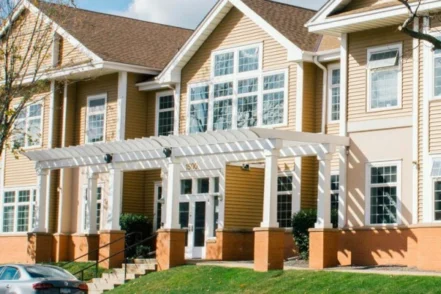 Minnesota
MinnesotaTurning Point Minneapolis
1500 Golden Valley Road Minneapolis, Minnesota 55411
-
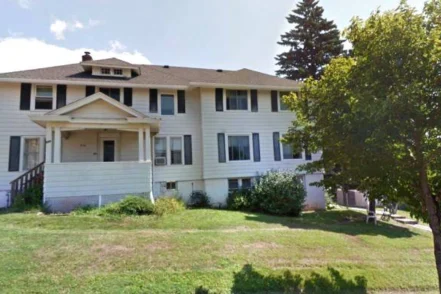 Minnesota
MinnesotaCADT Howard Friese House Hillside
714 North 11th Avenue East Duluth, Minnesota 55805
-
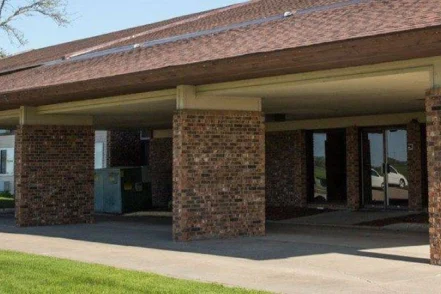 Minnesota
MinnesotaDouglas Place
1111 Gateway Drive Northeast East Grand Forks, Minnesota 56721
-
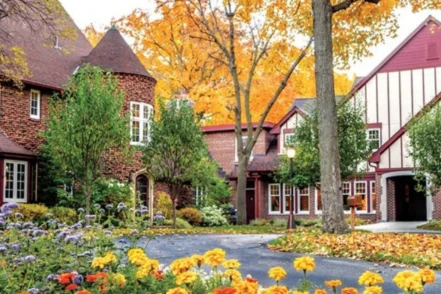 Minnesota
MinnesotaThe Retreat Wayzata
1221 Wayzata Blvd E Wayzata, Minnesota 55391
-
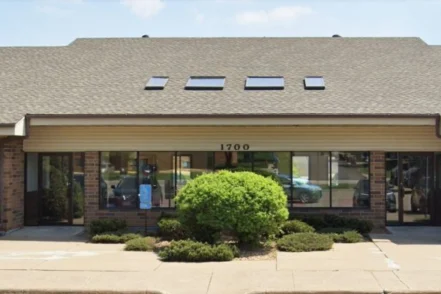 Minnesota
MinnesotaTwin City Chemical Health Services
1700 Livingston Avenue, Suite 102 West St. Paul, Minnesota 55118
-
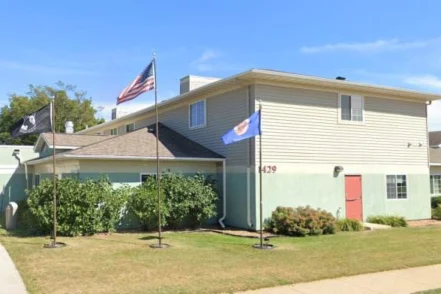 Minnesota
MinnesotaHouse of Hope Inc Mankato
1429 3rd Avenue Mankato, Minnesota 56002
-
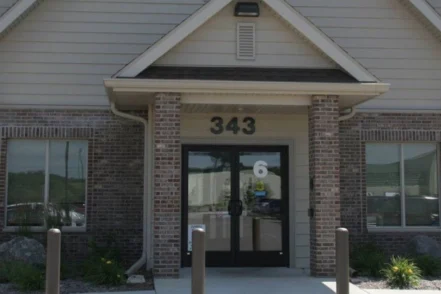 Minnesota
MinnesotaZumbro Valley Health Center Woodlake Drive
343 Woodlake Drive Se Rochester, Minnesota 55904
-
 Minnesota
MinnesotaMeridian Behavioral Health New Brighton
550 Main Street, Suite 230 New Brighton, Minnesota 55436

